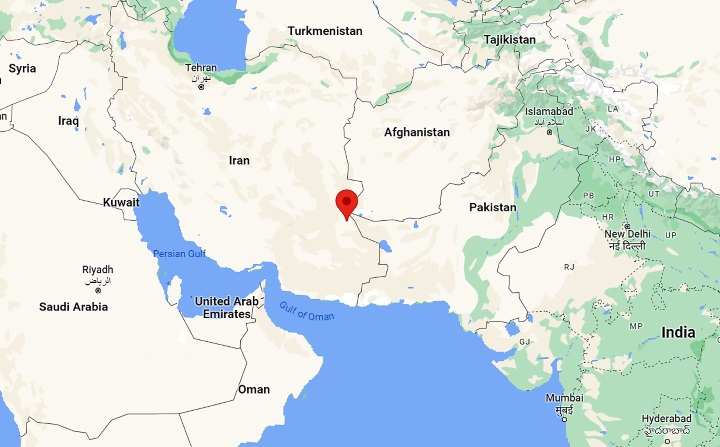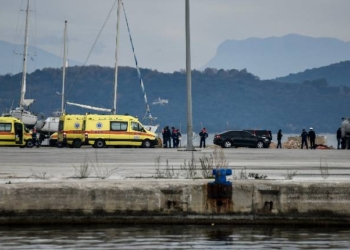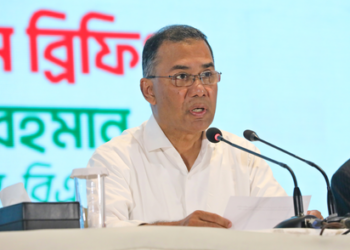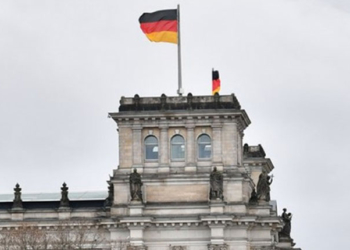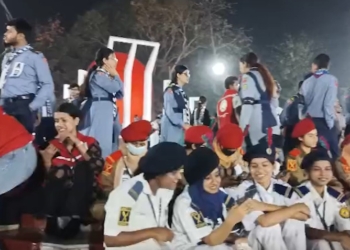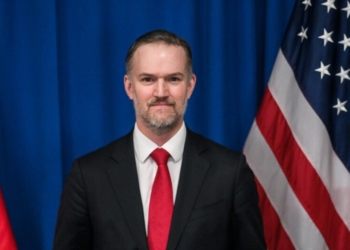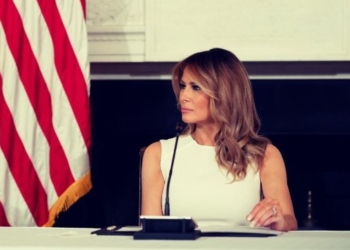New Delhi: Border tensions have flared up again between Pakistan and Iran, prompting Iran’s Interior Minister, Ahmad Vahidi to indirectly warn Pakistan about cross-border terrorism. Vahidi said that Iran expects Islamabad to control its borders otherwise Iranian security apparatus will pursue terror groups beyond its borders.
On July 8, Saturday, terrorists belonging to the Jaish-al-Adl group barged into a police station in Zahedan – the capital of the Sistan-Baluchistan province that lies to Iran’s south-east, on the common border with Pakistan. Two of the attackers blew themselves up killing two police officers and in the retaliatory fire all the four attackers were killed, according to the Iranian media.
Describing the attack on the police station, Vahidi said: “What happened (in Zahedan) yesterday was a terrorist incident and in fact these men entered [the police station] as ordinary people and then carried out a terrorist act.”
Pakistan’s Ministry of Foreign Affairs promptly issued a statement on the same day condemning the attack. It said: “Pakistan strongly condemns the terrorist attack in Zahedan today, resulting in the loss of lives of two Iranian security personnel. We express our deepest condolences to the bereaved families and pray for the swift recovery of those injured. Pakistan stands in complete solidarity with the government and people of Iran in this common fight against the scourge of terrorism.”
In a statement, the Jaish ul-Adl group took responsibility for the attack. The group has been active against the Iranian security forces in its pursuance of a separate State for the Baloch community. With members from the Sunni sect, the group has been carrying out its operations for nearly a decade with alarming regularity in the Shia-majority Iran.
Even earlier, Iran has held Pakistan responsible for not controlling militants who carry out attacks in Iran and cross over to Pakistan.
As recently as May this year, five Iranian border guards were killed by an armed group that had reportedly crossed the Pakistan border and escaped back after the attack. The attack took place just two days after Iranian President Ebrahim Raisi and Pakistani Prime Minister Shehbaz Sharif inaugurated trade and electricity projects on their common border.
Earlier, on 14 February this year, Vahidi had visited Islamabad to discuss border management issues with Pakistan. These discussions took place around the time when Baloch fighters had launched a string of deadly attacks against the Pakistani military in Kech, Panjgur and Noshki in January and February. At that time, Pakistan had put the blame on Iran and Afghanistan for the terror attacks.
The Iran-Pakistan border, called the Goldsmith Line drawn by the British during colonial rule, has not been accepted by the Baloch community on both sides. The Baloch people have been waging a war of independence in Pakistan as well as Iran.
Since last year, Iran has been publicly hanging dozens of Baloch men and women in a bid to curb the nationalist sentiment. September and October of 2022 witnessed severe clashes between the Iranian forces and the Baloch protestors during which several dozens of people were killed on both sides.
All the three countries – Iran, Afghanistan and Pakistan have porous and unsettled borders, with terror groups, arms smugglers as well as human smugglers criss-crossing the terrain with ease. The poverty-ridden Baloch community in Pakistan has also been smuggling fuel products from Iran for livelihoods. Pakistan’s border fencing has been repeatedly destroyed by armed groups who want an open border not just for illegal activities but also to pursue people-to-people contacts as well as trade.
(IANS)




